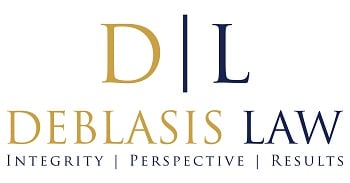Creditors play a significant role in Ohio’s financial landscape. To protect their interests, Ohio has established a legal framework that outlines the rights and actions available to creditors.
There are some limitations on the actions creditors can take and debtors also have certain rights afforded to them. Knowing these rights is important for both creditors and debtors.
Creditor right to repayment
Creditors have the fundamental right to request the repayment of debts owed to them. This right is typically laid out in the initial credit agreement, and creditors can take actions such as these if debtors fail to meet their financial commitments:
- Filing a lawsuit: If a debtor fails to repay their debt, creditors can take legal action by filing a lawsuit to obtain a judgment against the debtor. This judgment allows them to take the debtor’s assets, garnish wages or put liens on property to recover the debt.
- Repossession: In cases involving secured debts like auto loans or mortgages, creditors may have the right to reclaim the collateral if the debtor fails to make payments. However, this process must follow specific legal procedures.
- Wage garnishment: Ohio law permits creditors to garnish a portion of a debtor’s wages to satisfy a judgment. There are limits on the amount of garnishment and protections on certain types of income. This includes Social Security benefits.
- Bank levy: Creditors can also use a bank levy to take funds from a debtor’s bank account to satisfy a debt.
Creditors may also choose to negotiate with debtors to reach a mutually acceptable repayment plan. This can be an alternative to pursuing legal action.
Limitations on creditor actions
Creditors need to understand and abide by Ohio’s legal framework when seeking to collect debts. Debtors have some safeguards under Ohio law that creditors must respect.
Specific property, including a primary residence, personal belongings and certain sources of income, may be exempt from creditor collection efforts. Additionally, creditors must be aware of the statute of limitations for different types of debts in Ohio. This sets a time limit within which a creditor can file a lawsuit to collect a debt. Once the statute of limitations expires, the law may limit a creditor’s options.
Creditors must adhere to federal regulations established in the Fair Debt Collection Practices Act. This law restricts certain debt collection practices such as harassment, misrepresentation and unfair practices. Judgments based on FDCPA violations resulted in payments of over $15M to consumers in 2020.
While creditors have a legitimate interest in recouping their funds, they should exercise both legal rights and ethical responsibility when pursuing debt collection.
